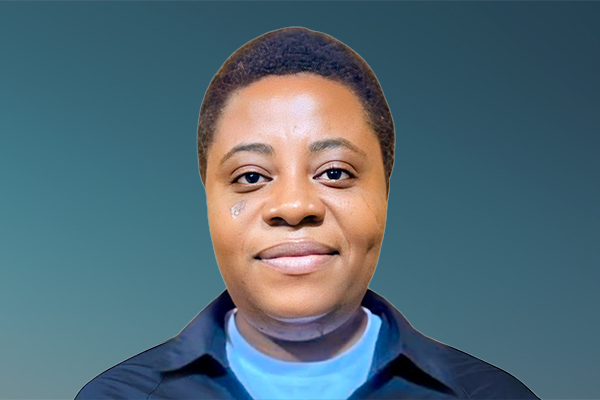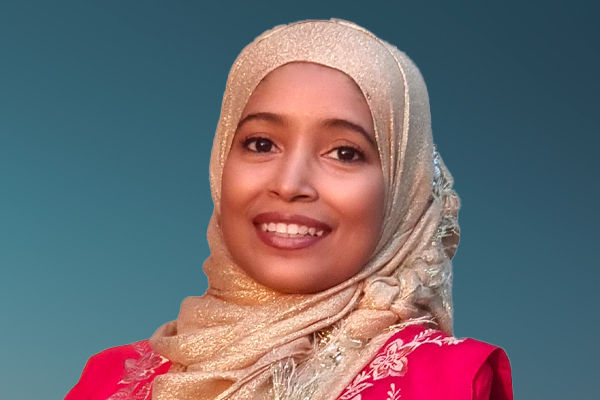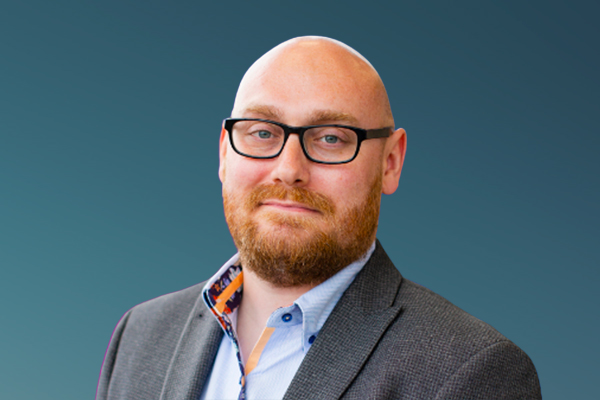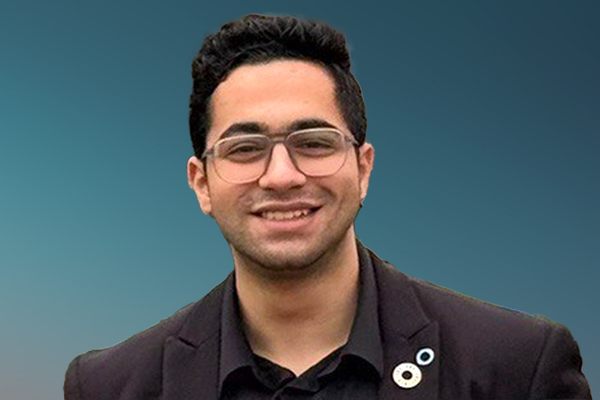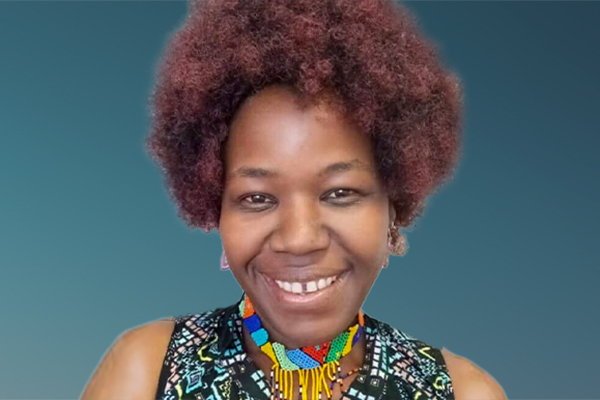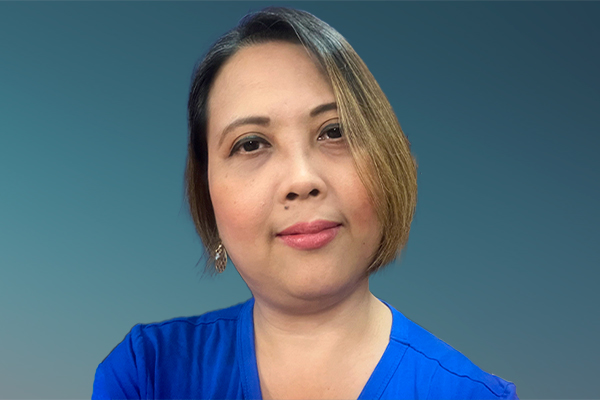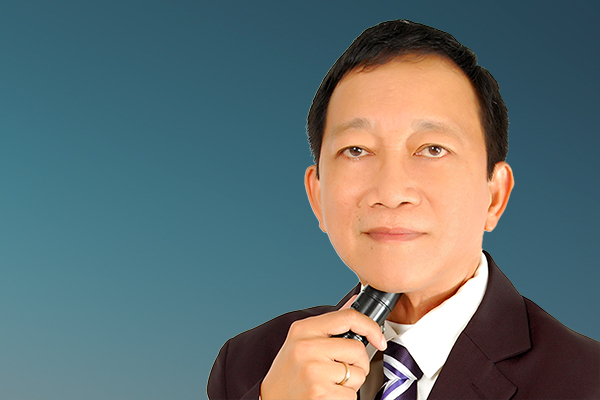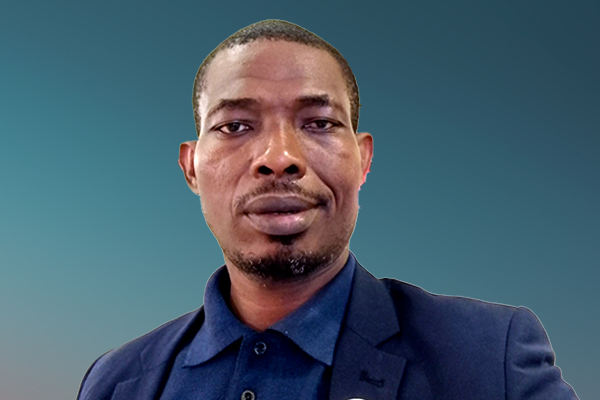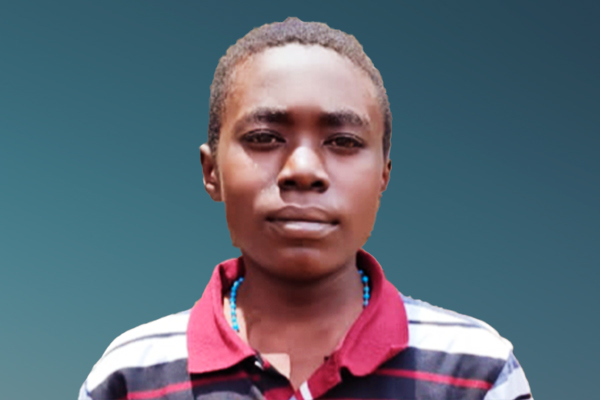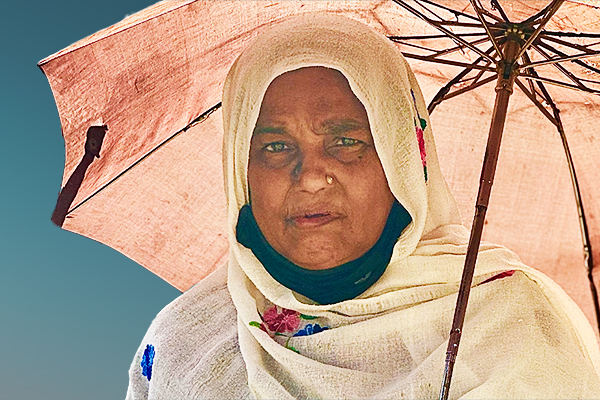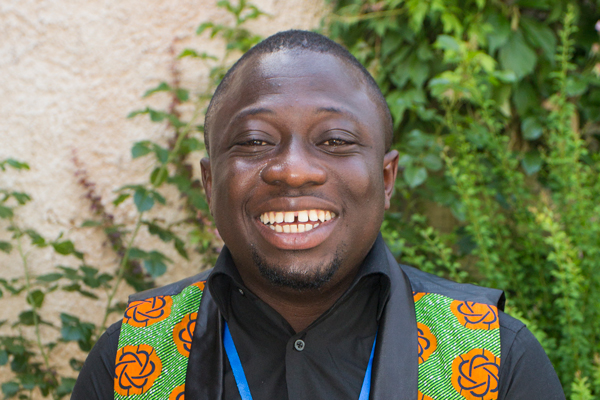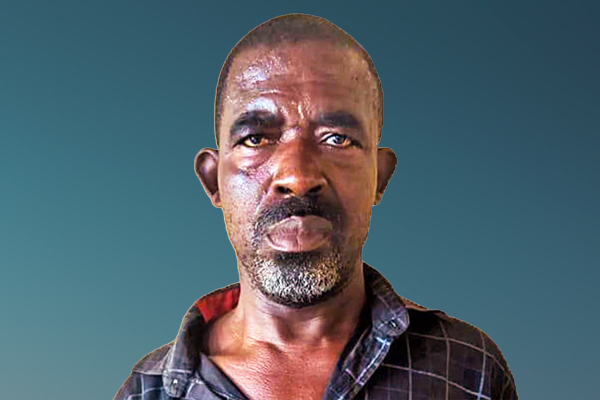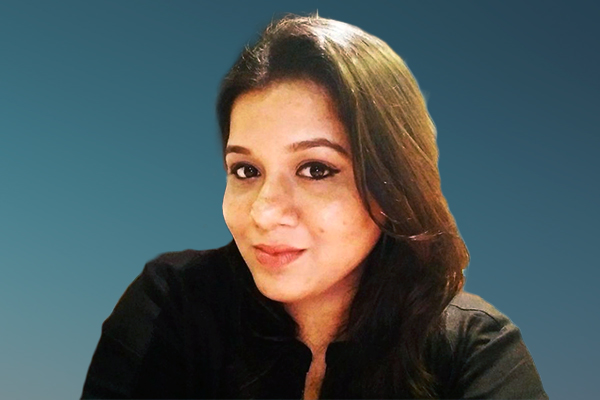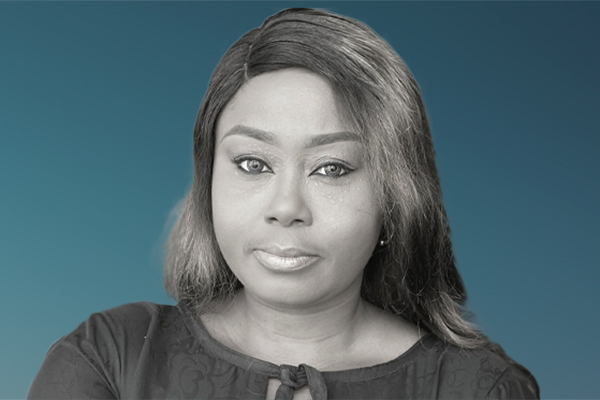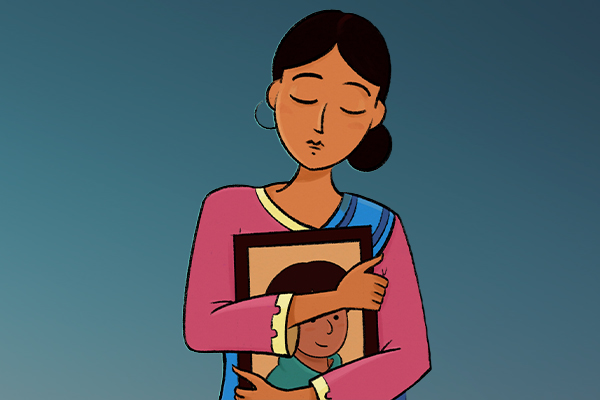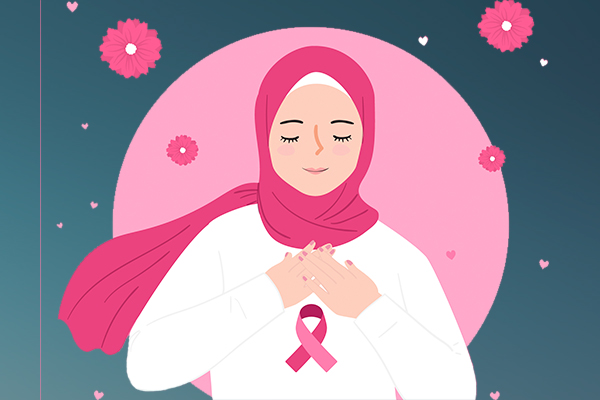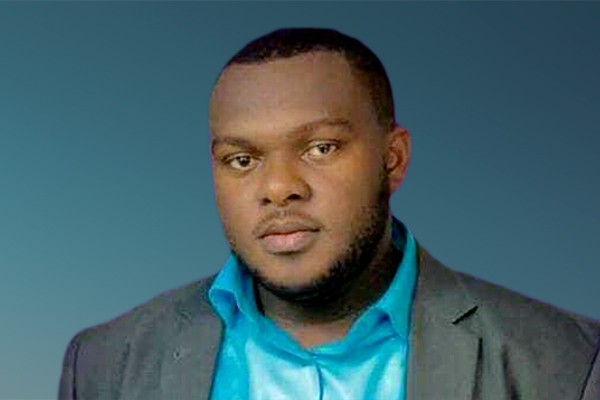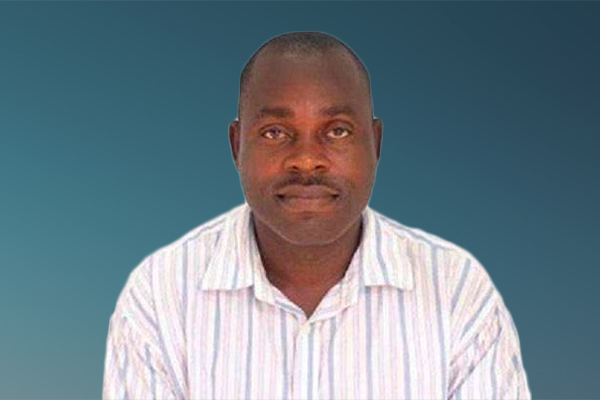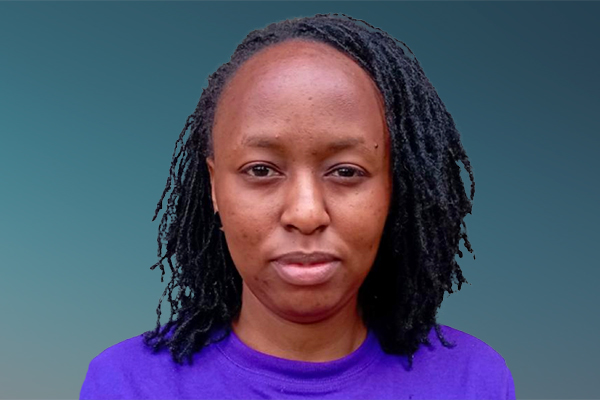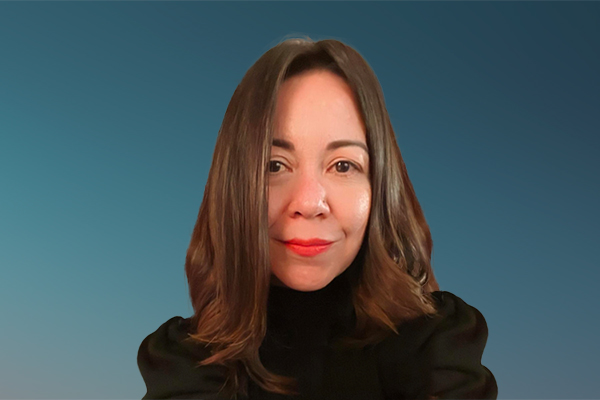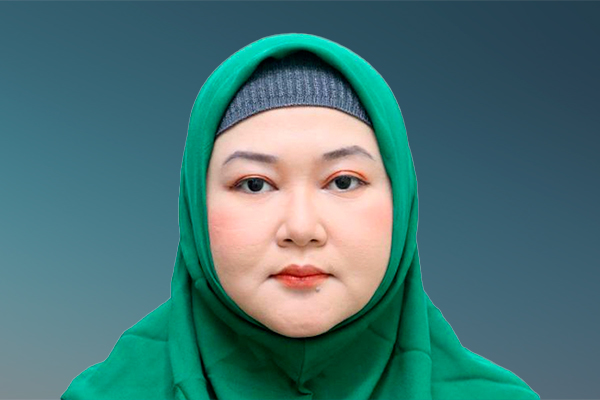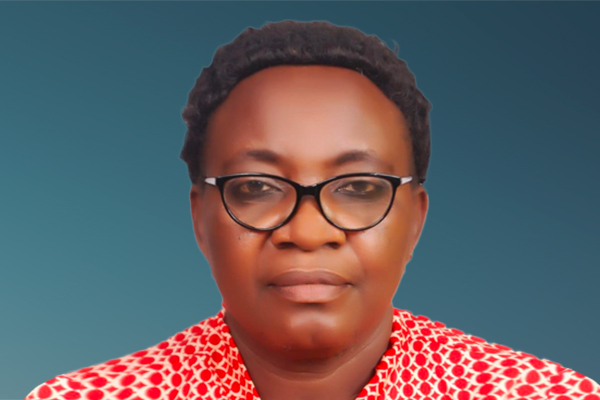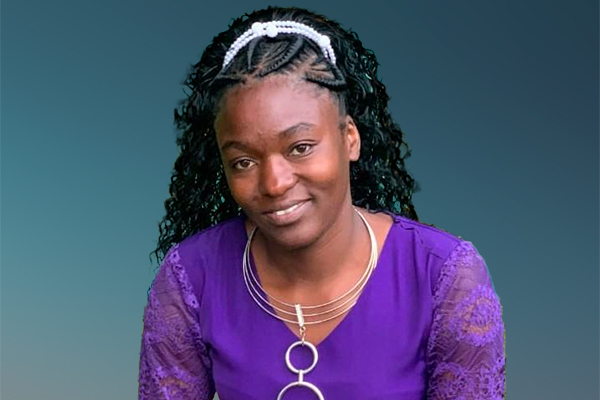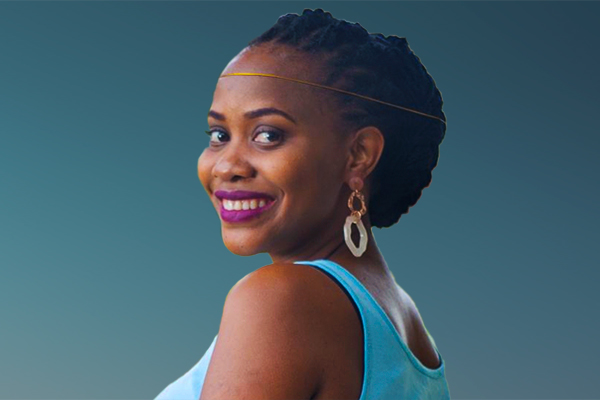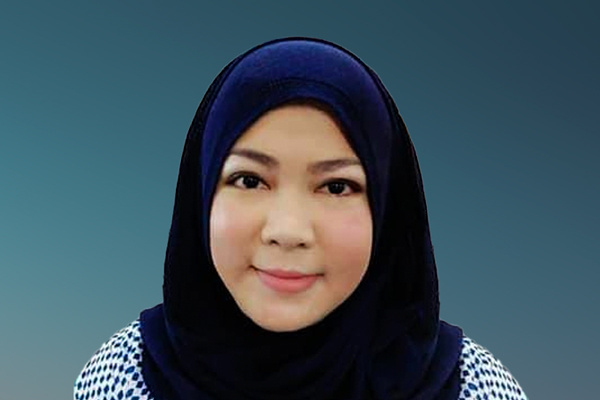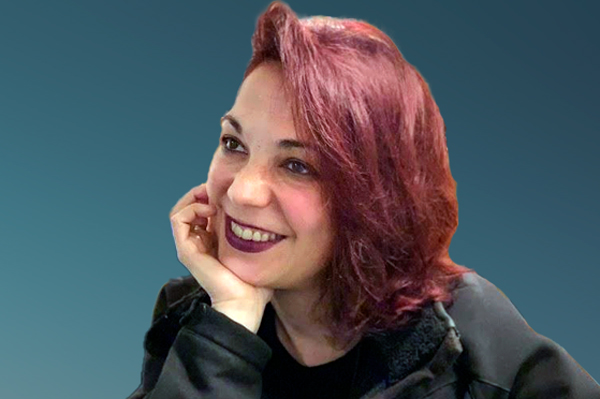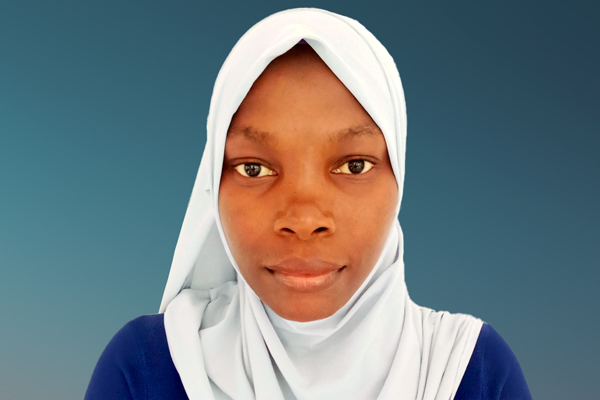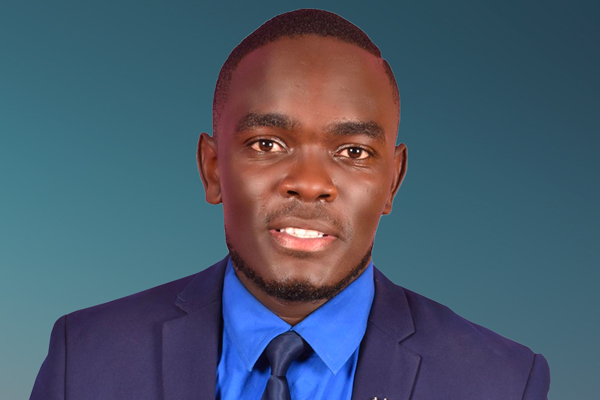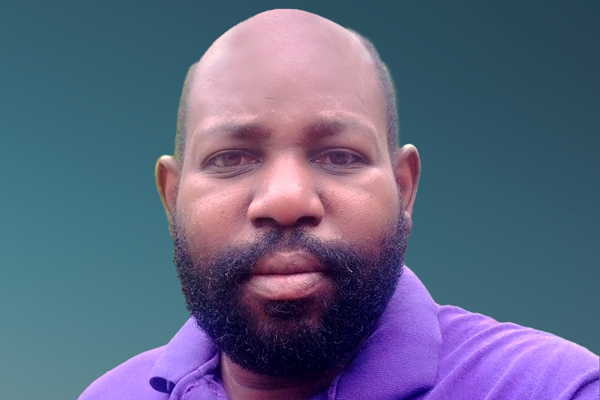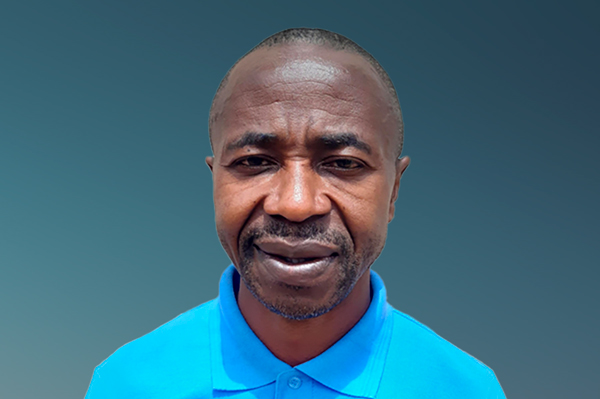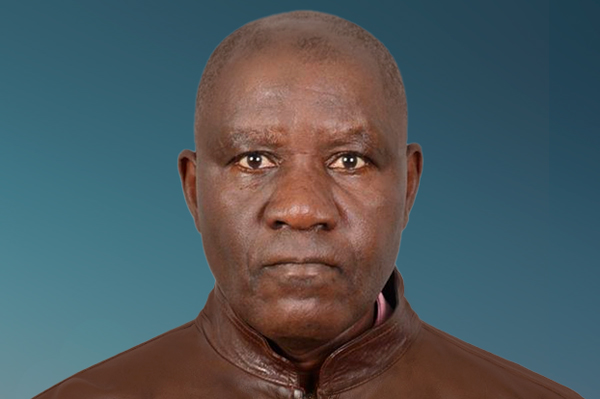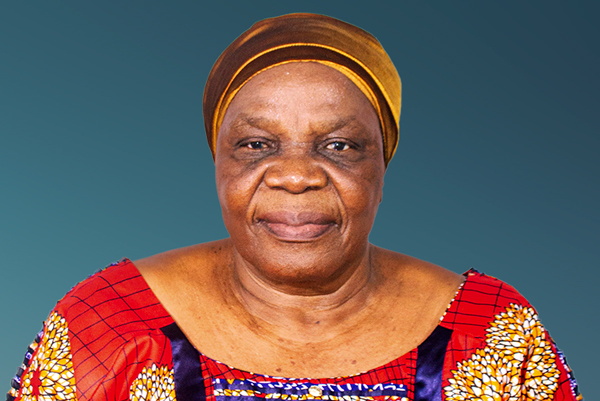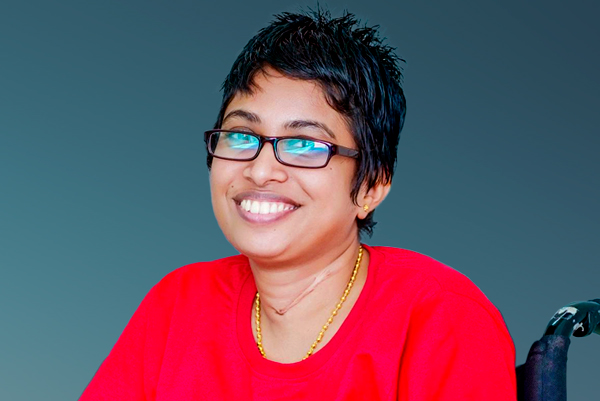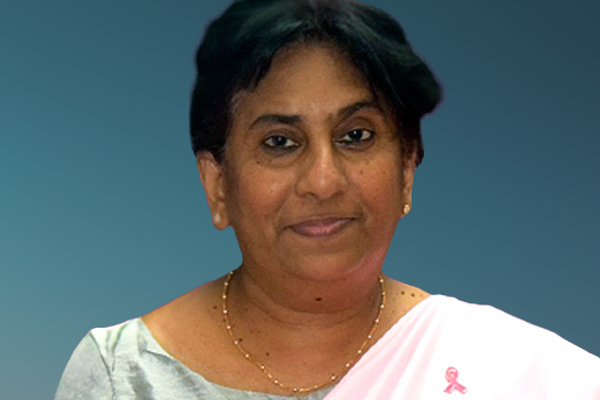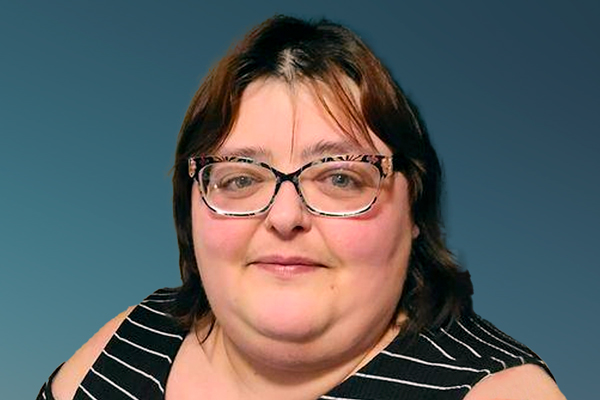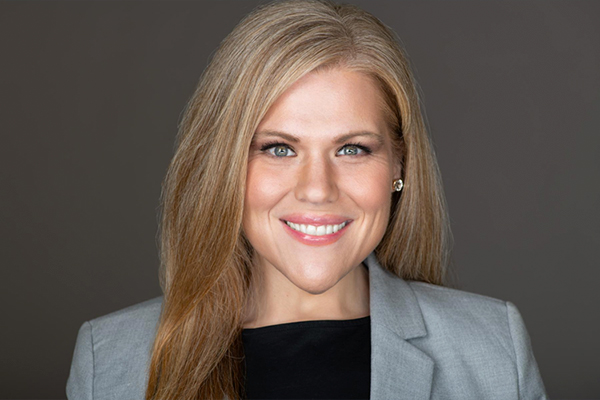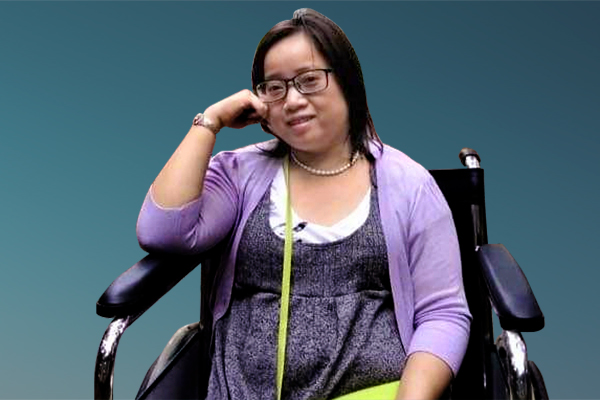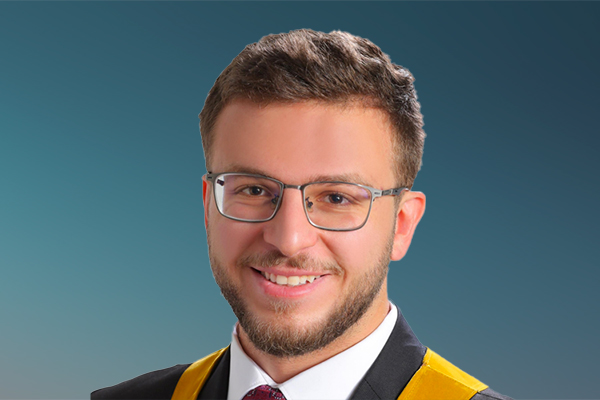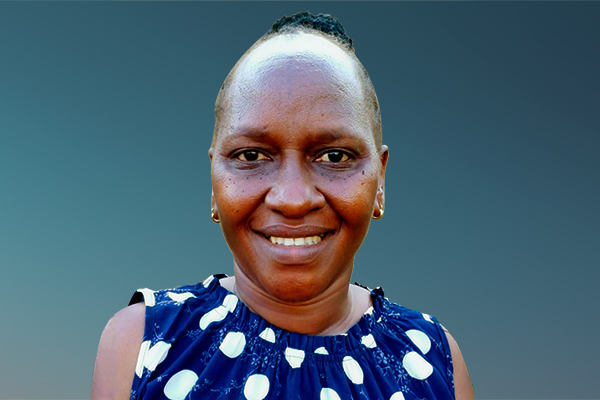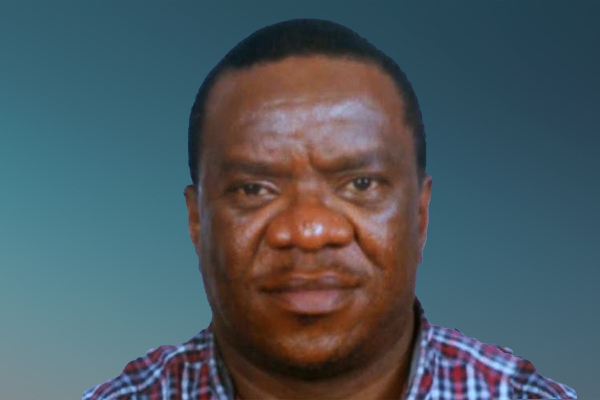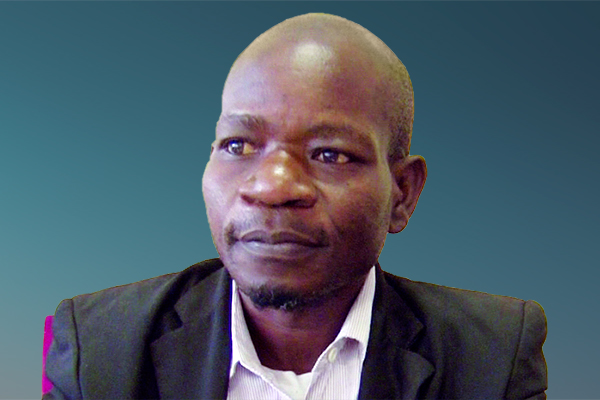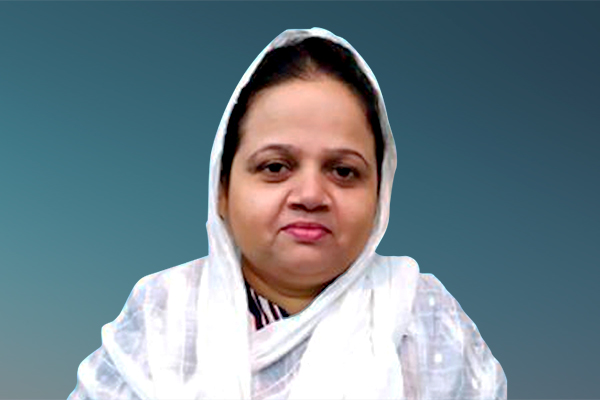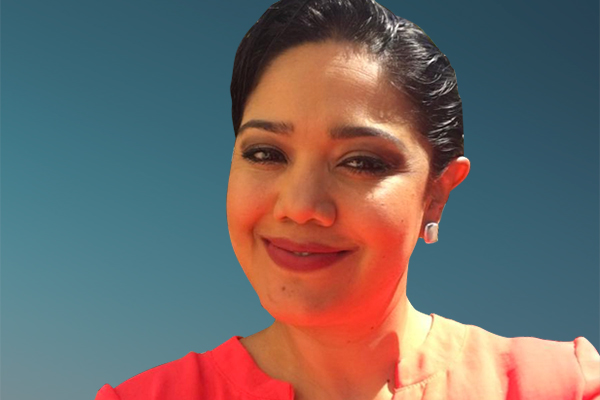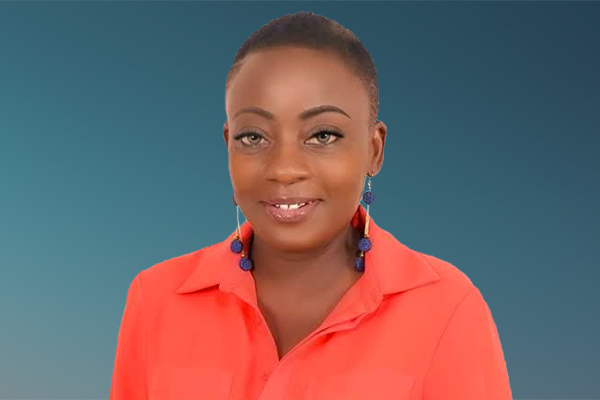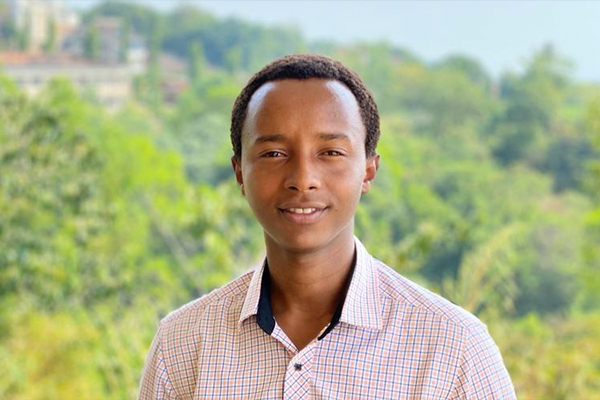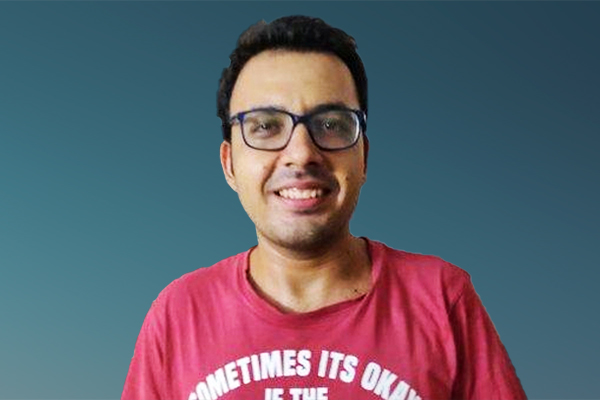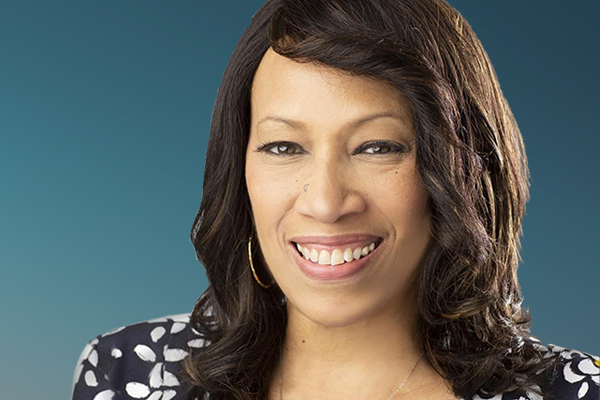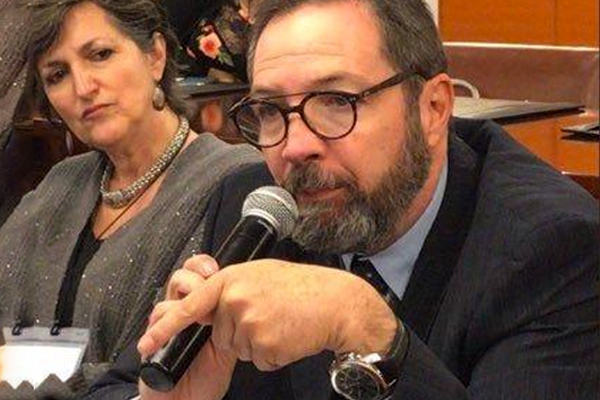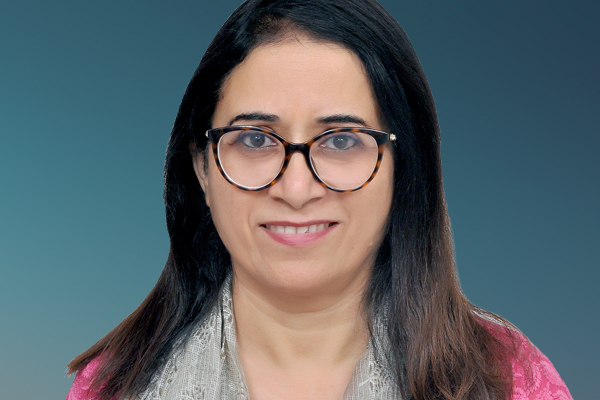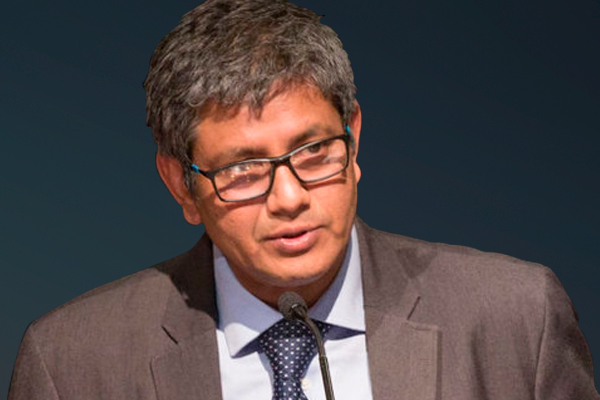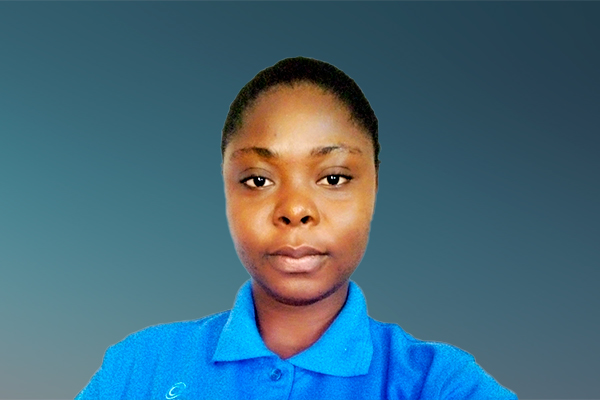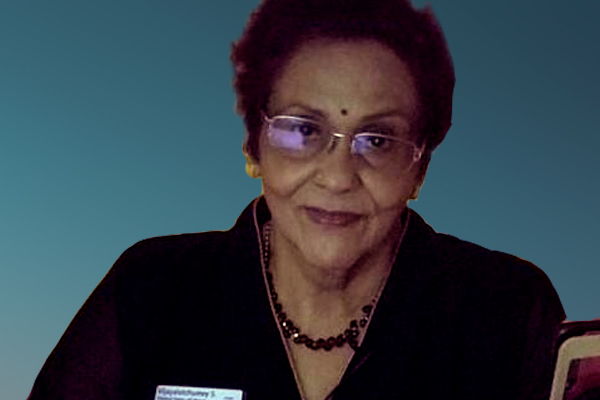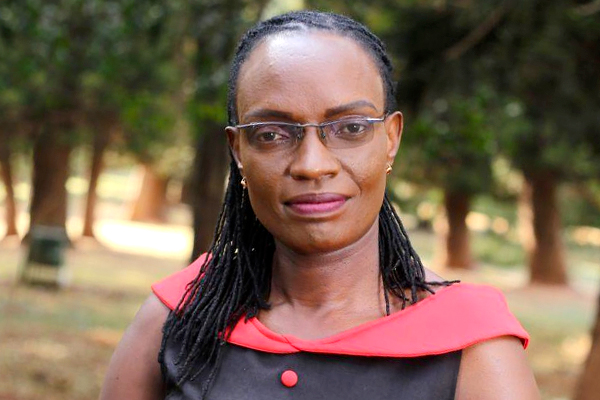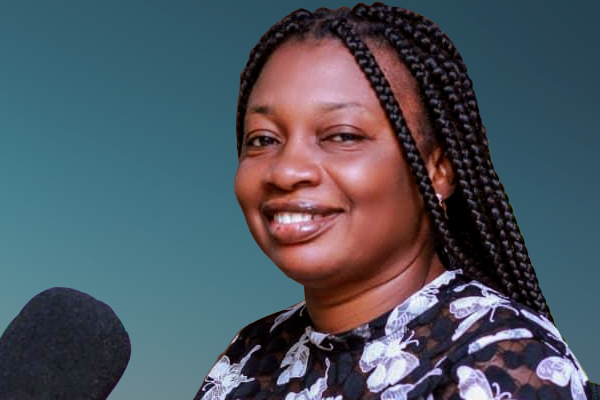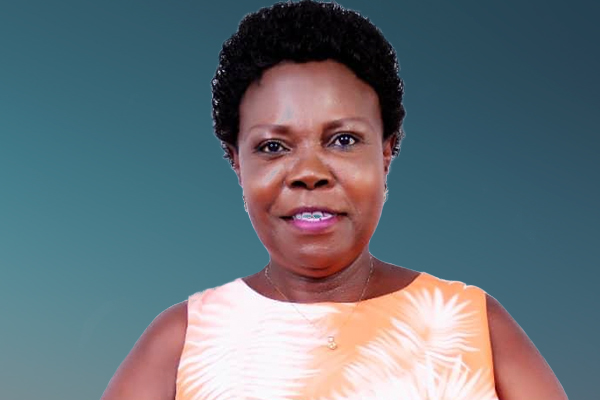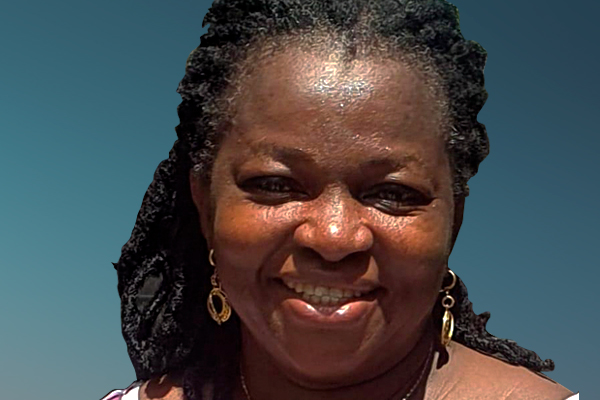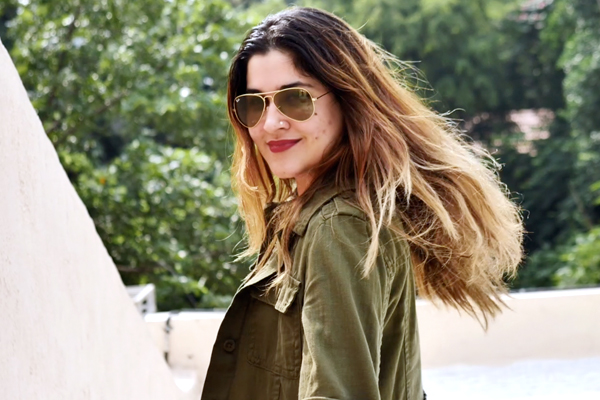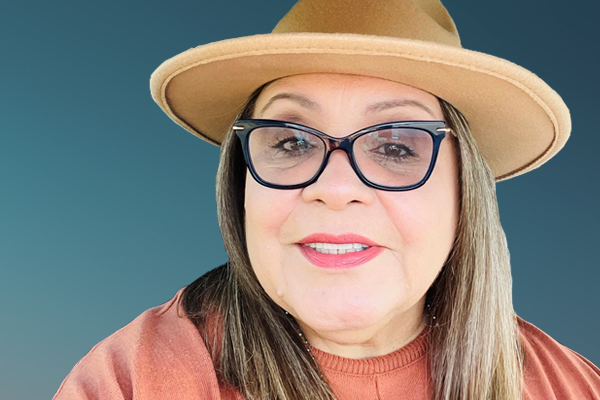Je m’appelle Mariana. Je suis née et j’ai grandi dans la ville de Mexico. Je vis avec un diabète de type 1 depuis 1984.
J’aimerais que mon Carnet MNT soit un outil de sensibilisation à la prévention destiné aux décideurs et à l’opinion publique, et qu’il donne à mes pairs diabétiques les moyens de défendre chacun.e d’entre nous.
19 janvier 2023
Diagnostiquer à temps et prévenir la douleur
Le diabète de type 1 n’est pas venu « tout à coup et sans prévenir ». Je me sentais déjà très fatiguée depuis plusieurs jours. Je me souviens que mon corps me faisait mal, et que mes parents m’ont dit que c’étaient probablement juste des douleurs de croissance, car j’étais encore une enfant. J’avais mal à la tête, alors nous nous sommes dit que j’aurais sûrement besoin de porter des lunettes comme mon père.
Nous avons consulté le pédiatre non pas une fois, mais plusieurs fois. Il m’a prescrit un traitement pour diverses infections (voies respiratoires, voies urinaires), mais ça n’allait toujours pas.
Un jour, je me suis réveillée en ayant très soif. Nous vivions dans un petit appartement et je m’asseyais souvent sur un petit fauteuil près de la porte de la salle de bain. J’avais toujours un grand verre d’eau à portée de main. J’ai bu et rebu, tant et plus. Chaque fois que j’allais aux toilettes, ma soif était si intense que je mettais littéralement ma tête sous le robinet pour prendre une gorgée.
Mes parents ont décidé de m’emmener à nouveau chez le pédiatre.
Alors, très sur de lui, il nus a informés qu’il s’agissait probablement d’une appendicite puisque je respirais déjà très fort et que j’avais des douleurs abdominales très intenses. Bouleversés et réalisant que le pédiatre, un ami de la famille en qui nous avions entièrement confiance, n’avait aucune idée de ce qui n’allait pas chez moi, mes parents ont décidé de m’emmener dans un hôpital privé loin de chez moi.
Ils m’ont mis sous perfusion et même si ça m’a fait mal à en pleurer, je n’ai même pas eu la force de dire « aïe ». Je me souviens qu’on m’a enlevé mon pyjama et mis une chemise blanche quand tout à coup... Je suis tombée dans le coma et on m’a transférée en soins intensifs. La situation n’était pas brillante, mais mon histoire s’est bien finie, ce qui n’arrive pas si souvent au Mexique. Les enfants au Mexique ne sont pas diagnostiqués à temps, de sorte que beaucoup d’entre eux meurent faute de pouvoir identifier les signes et les symptômes pour éviter leur décès, et parce que nous n’avons pas réussi à nous unir pour exiger un diagnostic rapide.
Si les décideurs et les professionnels de la santé connaissaient l’importance d’un diagnostic rapide, les choses pourraient être différentes. S’il y avait eu suffisamment d’informations dans le cabinet de mon pédiatre il y a plus de 30 ans, on aurait évité mon acidocétose diabétique. Ces mêmes informations pourraient permettre d’éviter de nombreux décès, et ainsi je ne lirais pas les nouvelles quotidiennes d’enfants, d’adolescents et d’adultes qui perdent la vie à cause de l’acidocétose diabétique.
27 février 2023
Défis pour les MNT. Nous devons œuvrer ensemble.
Au Mexique, selon les données du Type 1 Diabetes Index, il y a environ 89 834 personnes avec qui je partage une maladie chronique. Le diabète de type 1 ne peut pas être évité, mais ses complications et ses comorbidités peuvent l’être.
Le Mexique est actuellement classé au neuvième rang mondial pour la prévalence du diabète. Les personnes vivant avec un diabète de type 1 au Mexique, ont eu des problèmes d’accès à l’insuline à un moment ou un autre. En effet, au moment où le diabète et ses complications sont diagnostiqués, des années productives de vie ont été perdues, ce qui a des répercussions importantes en termes de coûts indirects.
Le traitement des complications secondaires de santé, comme la rétinopathie diabétique ou la néphropathie diabétique, représente un investissement gigantesque qui fait peser une charge financière colossale sur le système de santé. Cette charge est tout à fait évitable si un accès adéquat et rapide au traitement et à l’éducation sur le diabète est offert.
Bien que ceci représente un coût, cela permet également des économies, car il est plus coûteux de payer pour les complications que pour un traitement rapide. La pandémie de COVID‑19 a rappelé l’importance de la détection, du dépistage et du traitement des affections sous-jacentes. Dans certains pays, ces problèmes de santé ont aggravé les issues du COVID‑19 d’une manière que nous n’avions jamais vue auparavant.
En 2009, j'ai rencontré Beyda, une fille du Sud-Est de la République mexicaine. Elle a reçu un diagnostic de diabète de type 1 et a été hospitalisée pendant plus d'une semaine. À sa sortie de l’hôpital, confiée aux soins de ses grands-parents, elle a dû apprendre à mesurer sa glycémie et à s'injecter de l'insuline. Rapidement, sa famille a découvert que le système de santé n'était pas en mesure de fournir des seringues, des glucomètres ou des bandelettes réactives pour gérer sa maladie. Depuis son diagnostic, Beyda bénéficie du soutien fourni par une organisation de la société civile, l'une des seules organisations à but non lucratif, et ce n'est qu'ainsi qu'elle a pu avoir accès au matériel dont elle a besoin pour survivre. Beaucoup, comme Beyda, n'ont pas accès aux outils de base et sont davantage à risque de développer des complications. La gestion du diabète de type 1 est facilitée par des mesures telles qu'une alimentation appropriée, l'activité physique, le dépistage de la santé mentale et un traitement rapide, pour n'en citer que quelques-unes. Mais ces mesures sont souvent négligées.
Au Mexique, l'assurance maladie ne couvre pas les maladies préexistantes et les personnes ayant les capacités financières nécessaires pour souscrire une assurance maladie ne sont pas nombreuses.
Nous, les personnes vivant avec le diabète de type 1, devons avancer de concert avec les organisations, en faisant de nos besoins une priorité afin de jouir d'une bonne qualité de vie. Après tout, plaider en faveur de la prévention et de la maîtrise des MNT nous aidera à bâtir un avenir prometteur.
27 février 2023
Notre avenir
On nous a dit que « les mesures que nous prenons aujourd'hui peuvent façonner l’avenir auquel nous aspirons ». Je ne suis pas entièrement d’accord. Je crois que les mesures que nous prenons aujourd’hui doivent façonner l’avenir auquel nous aspirons toutes et tous.
Les MNT, telles que les maladies cardiovasculaires, le cancer, les maladies respiratoires chroniques, le diabète et les troubles mentaux, sont la principale cause de décès et d'incapacité. N'avons-nous pas toutes et tous envie d'éviter les décès prématurés ? Toutes les deux secondes, une personne meurt prématurément d'une MNT. N'avons-nous pas toutes et tous plus de deux minutes afin de planifier et agir pour éviter cela ? N'est-ce pas une priorité pour tout le monde ?
Chacun de nous décide de l’histoire qu'il veut partager et de la façon dont il souhaite témoigner. Même si les récits sont tous différents, nous pouvons tous convenir que celles et ceux d’entre nous qui écrivent ici sont extrêmement privilégiés : nous sommes encore là et il est maintenant de notre responsabilité d'aider les autres à changer leur propre histoire. Participer aux efforts qui profiteront à tous doit être notre priorité absolue.
Le Pacte mondial contre le diabète de l'OMS s'efforce de nous mobiliser de manière significative afin de souligner l'importance d'agir sur les questions qui comptent le plus pour chacun d'entre nous.
Cela parait simple.
- Œuvrer ensemble :
- Si vous êtes quelqu'un qui vit avec une MNT : relayons les voix et utilisons-les pour exiger le changement. La santé est notre droit, peu importe où nous vivons et la langue que nous parlons. Rejoignez des groupes, créez des occasions d'apprentissage pour celles et ceux qui n'en ont pas les moyens. Traduisez des documents dans des langues qui ont été abandonnées. Trouvez celles et ceux qui ont le plus besoin de notre aide. Devenez militant•e et non témoin.
- Si vous êtes prestataire de santé : défendez nos intérêts, aidez-nous à trouver les ressources dont nous avons besoin pour changer la vie des autres, invitez-nous chaque fois que vous parlez de nous.
- Si vous êtes l'un des dirigeants de notre gouvernement : changeons des vies ensemble. Travaillez avec nous pour modifier les politiques, donnez-nous une place autour de la table, nous pouvons fournir des éléments susceptibles d'apporter une approche centrée sur l'humain à la prévention et la maîtrise des MNT.
- Éduquez votre communauté :
témoigner aidera à sensibiliser. Diffusez le message au sein de votre propre communauté : votre école, votre paroisse. Vous pourriez tomber sur une personne susceptible de porter votre message là où il sera entendu. - Connaissez vos représentants :
trouvez celles et ceux qui prendront des décisions pour vous et votre communauté. Partagez vos préoccupations, trouvez des solutions, faites du bénévolat pour votre cause et votre communauté.
Carnets MNT
Nous devons garantir notre droit à la santé, où que nous nous trouvions, où que nous habitions et quelle que soit la langue que nous parlons.
Mariana Gomez, expérience vécue de plusieurs maladies chroniques, Mexique
À PROPOS DES CARNETS MNT
Les Carnets MNT utilisent des approches multimédia riches et immersives pour partager un vécu afin de susciter le changement, en utilisant un format de discours public.

